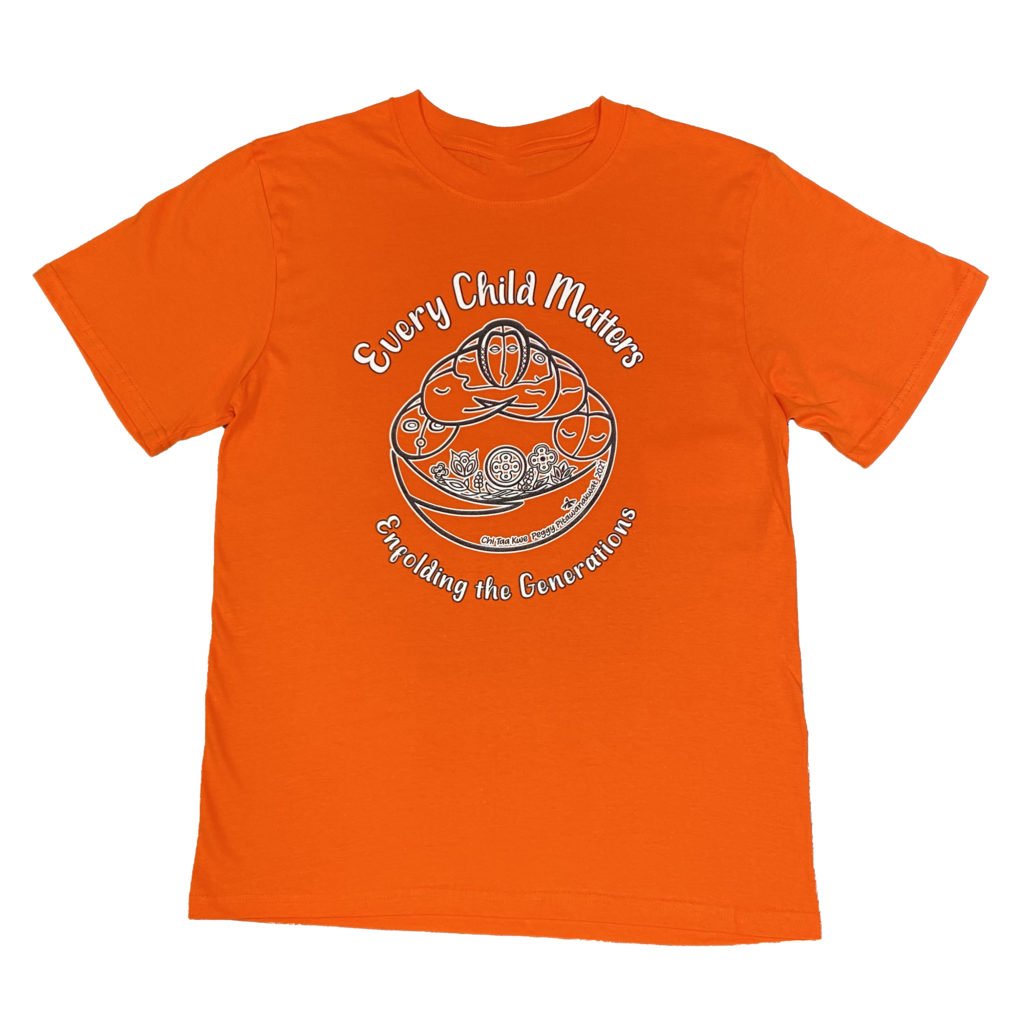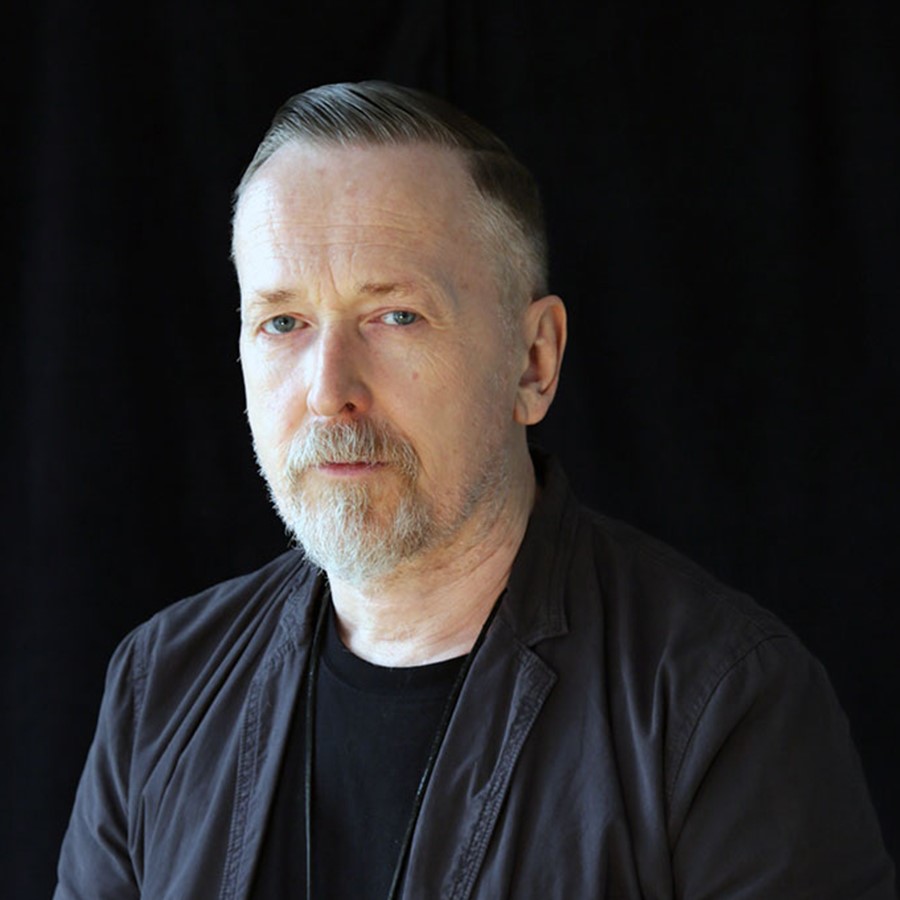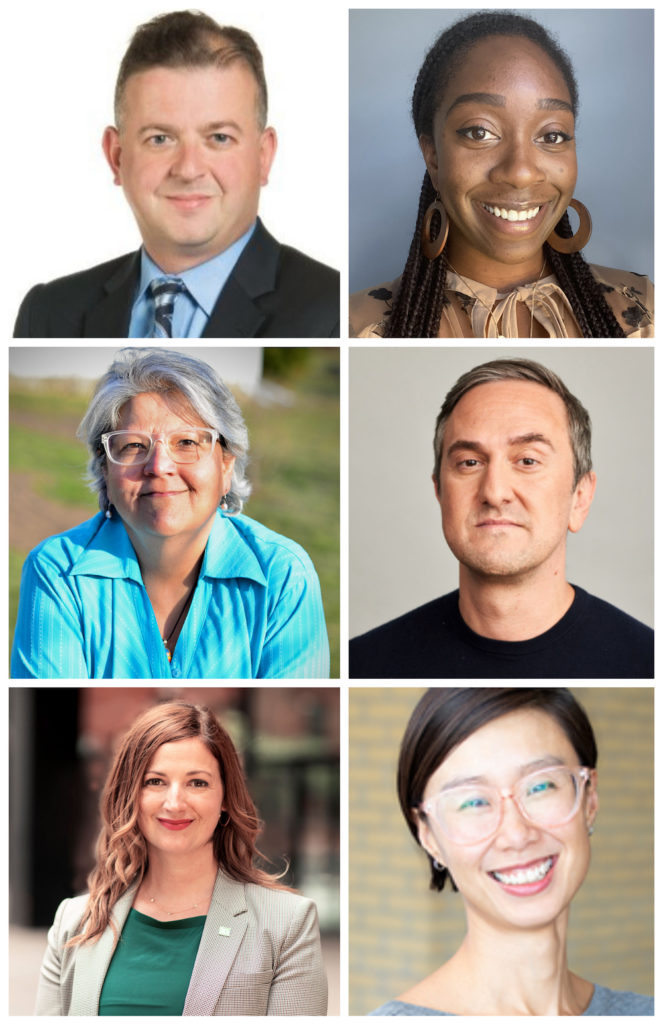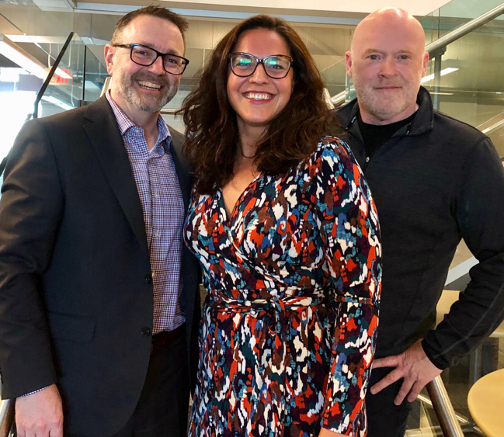Dear colleagues,
Today (Sept. 30) marks the first annual National Day for Truth and Reconciliation. This new day of remembrance and reflection falls on what has been previously known as Orange Shirt Day. The day is intended to provide space for ongoing discussions of truth and reconciliation, and time for us to pause and reflect on the continued legacy of inter-generational trauma caused by the Indian residential school system in Canada.
Residential schools operated in Canada from 1831 to 1996. Indigenous children were taken from their families and communities, often around this time of year, and brought to residential schools across the country. Many of these children never returned home.
With the recent discoveries of unmarked graves at residential schools in British Columbia, Saskatchewan and Manitoba, and a large number of investigations still underway, we grieve with the survivors, the families of those who were lost, and Indigenous communities everywhere for the immense trauma and loss caused by the residential school system.
In light of the truths we are faced with, as a place of higher education and learning, we must take time to acknowledge our role in a colonial system of education, and our responsibility to uphold the recommendations put forward in the Truth and Reconciliation Commission of Canada’s Calls to Action (Appels à l’action de la Commission de vérité et réconciliation du Canada). Today, we encourage you to wear orange in honour of the victims and survivors, to learn more about the residential school system and its ongoing legacy, and to consider the actions you can take individually or collectively to support reconciliation efforts.
We hope that you will be able to join us today from 11 a.m. to 1 p.m. as we pause to remember the victims and survivors of residential schools, to reflect on reconciliation in action at York, and to acknowledge and honour the strength and resilience of Indigenous community members.
If you are not able to join us, we encourage you to take time to explore York’s National Day for Truth and Reconciliation website, attend another one of the events taking place across the university community, and commit to learning and setting actionable goals for reconciliation.
Let us all identify ways to decolonize our practices and systems, and to learn, understand, and teach about the ongoing impacts of Canada’s colonial history.
We know that this day, as well as its events and messages, may trigger trauma for many Indigenous members of our community, especially those who are survivors or with close personal or family ties to experiences in the residential schools, and we encourage all of our community members to please be kind to one another. Support is available for survivors and those affected through the Indian Residential Schools Survivors Society at 1-800-721-0066 or on the 24-hour crisis line at 1-866-925-4419. There are also a variety of supports available to the York community, which are listed on the Mental Health and Wellness site and through the Employee and Family Assistance Program.
Miigwech. Thank you. Merci.
Rhonda Lenton
President and Vice-Chancellor
Sheila Cote-Meek
Vice-President, Equity, People & Culture
Message pour la première Journée nationale de la vérité et de la réconciliation
Chers collègues, chères collègues,
Nous célébrons aujourd’hui la toute première Journée nationale de la vérité et de la réconciliation. Cette journée de commémoration et de réflexion remplace l’ancien Jour du chandail orange. Elle vise à fournir un forum pour des discussions sur la vérité et la réconciliation ainsi qu’un temps de réflexion sur l’héritage continu des traumatismes intergénérationnels causés par le système des pensionnats autochtones au Canada.
Ces pensionnats ont existé au Canada de 1831 à 1996. Les enfants autochtones étaient enlevés à leur famille et à leur communauté, souvent à cette époque de l’année, et emmenés dans des pensionnats dans tout le pays. Beaucoup d’entre eux ne sont jamais rentrés à la maison.
Avec la découverte récente de sépultures anonymes dans des pensionnats en Colombie-Britannique, en Saskatchewan et au Manitoba, et avec un grand nombre d’enquêtes non résolues, nous partageons le chagrin des survivants, des familles de ceux qui ont disparu et des communautés autochtones du monde entier résultant des immenses pertes et traumatismes causés par le système des pensionnats.
Des responsabilités nous incombent en tant qu’établissement d’enseignement supérieur et d’apprentissage et nous devons prendre le temps de reconnaître notre rôle dans un système d’éducation colonial et respecter les recommandations formulées dans les Appels à l’action de la Commission de vérité et réconciliation du Canada. Aujourd’hui, nous vous encourageons à porter la couleur orange en l’honneur des victimes et des survivants, à vous informer sur le système des pensionnats et ses séquelles, et à réfléchir aux actions que vous pouvez prendre individuellement ou collectivement pour soutenir les efforts de réconciliation.
Nous espérons que vous pourrez vous joindre à nous aujourd’hui de 11 h à 13 h pour commémorer les victimes et les survivants des pensionnats, pour réfléchir aux actions de réconciliation à York, et pour reconnaître et honorer la force et la résilience des membres de la communauté autochtone.
Si cela n’est pas possible, nous vous encourageons à prendre le temps d’explorer le site Web de la Journée nationale de vérité et de réconciliation de York, d’assister à l’un des événements organisés dans la communauté universitaire et de vous engager à apprendre et à fixer des objectifs concrets en matière de réconciliation.
Trouvons ensemble des moyens de décoloniser nos pratiques et nos systèmes et assurons-nous d’apprendre et de comprendre les effets continus de l’histoire coloniale du Canada.
Nous savons que cette journée — ainsi que les événements et les messages qui y sont associés — peut provoquer des traumatismes chez de nombreux membres autochtones de notre communauté, en particulier chez les survivants ou ceux qui ont des liens personnels ou familiaux étroits avec les expériences vécues dans les pensionnats. Nous invitons tous les membres de notre communauté à faire preuve de bienveillance les uns envers les autres. Les survivants et les personnes touchées peuvent obtenir du soutien auprès de la Indian Residential Schools Survivors Society au 1-800-721-0066 ou avec la ligne d’écoute téléphonique en tout temps au 1-866-925-4419. Il existe également de nombreuses possibilités de soutien pour la communauté de York : vous trouverez notamment une liste sur le site de la santé mentale et du bien-être à York et dans le cadre du Programme d’aide aux employés et à la famille.
Miigwech. Merci. Thank you.
Rhonda Lenton
Présidente et vice-chancelière
Sheila Cote-Meek
Vice-présidente de l’équité, des personnes et de la culture
















